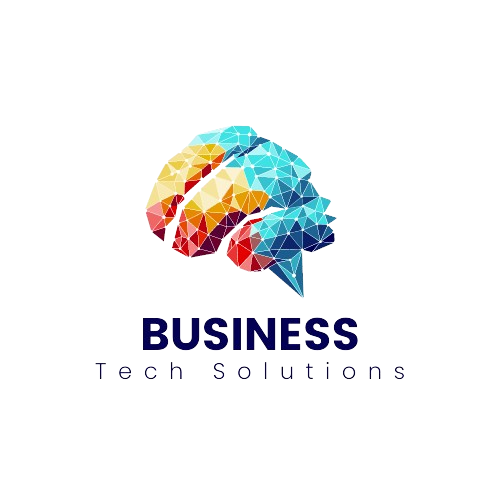
Blockchain technology is a decentralized and distributed ledger technology that has gained significant attention beyond its initial application in cryptocurrencies like Bitcoin. Here are key aspects and potential business applications of blockchain:
- Decentralization and Trust:
- Blockchain operates on a decentralized network of computers (nodes), where each node stores an identical copy of the ledger. This distributed nature eliminates the need for a central authority, enhancing transparency and reducing the risk of fraud.
- Immutable Record Keeping:
- Once data is recorded on a blockchain, it cannot be altered retroactively without altering all subsequent blocks, which requires consensus from the network. This immutability ensures a trustworthy and tamper-resistant record of transactions or data.
- Smart Contracts:
- Smart contracts are self-executing contracts with the terms of the agreement directly written into code. They automatically execute and enforce the terms of the contract when predefined conditions are met, reducing the need for intermediaries and streamlining processes.
- Supply Chain Management:
- Blockchain can improve transparency and traceability in supply chains by recording the movement of goods and verifying the authenticity of products. This helps in reducing counterfeiting, improving inventory management, and ensuring compliance with regulations.
- Financial Transactions and Payments:
- Blockchain enables faster, more secure, and cost-effective peer-to-peer transactions and cross-border payments. It eliminates intermediaries, reduces transaction fees, and accelerates settlement times, benefiting both businesses and consumers.
